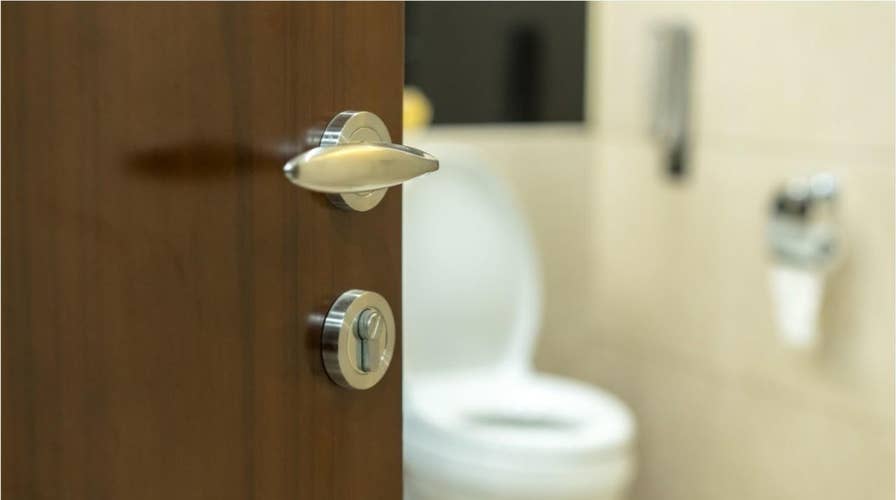Study seeking 'super donors' for fecal transplants
Fecal transplants — in which a healthy person donates their excrement to someone who suffers from chronic belly problems — are a thing.
Let no good stool go to waste.
Fecal transplants — in which a healthy person donates their excrement to someone who suffers from chronic belly problems — are a thing. And now that they’ve proven effective for treating all kinds of gastrointestinal disorders, scientists behind a new study are looking for ways to identify so-called “super-donors”: people whose poop is objectively superior.
“The last two decades have seen a growing list of medical conditions associated with changes in the microbiome — bacteria, viruses and fungi, especially in the gut,” says senior author Justin O’Sullivan, Ph.D., of the University of Auckland. “In fact, we know already that changes to the gut microbiome can contribute to disease, based on studies in germ-free mice, as well as clinical improvement in human patients following restoration of the gut microbiome by transplanting stool from a healthy donor.”
The study, published Monday in the medical journal Frontiers in Cellular and Infection Microbiology, reports that fecal transplants are almost always successful in patients with chronic diarrhea. However, they’re less reliable for people who suffer from more serious illnesses, including Type 2 diabetes and inflammatory bowel disease.
BANGLADESHI 'TREE MAN' REPORTEDLY BACK IN HOSPITAL WITH MORE GROWTHS
When the poo transplants work for these recipients — roughly 20 percent of the time — scientists believe they have a super-pooper to thank.
“The pattern of success in these trials demonstrates the existence of super-donors, whose stool is particularly likely to influence the host gut and to lead to clinical improvement,” O’Sullivan says. “We see transplants from super-donors achieve clinical remission rates of perhaps double the remaining average.”
The research team says these donors produce stool that is flush with healthy microbes. But it’s not just these microbes that keep the donors healthy; it’s the specific way the bugs interact with each other, emitting good chemicals within the digestive tract that scientists think help keep the body in tip-top shape.
CLICK HERE TO GET THE FOX NEWS APP
It’s now believed that people who have a consistently good balance of gut bacteria are less likely to develop many diseases.
“Our hope is that if we can discover how this happens, then we can improve the success of fecal transplantation and even trial it for new microbiome-associated conditions like Alzheimer’s, multiple sclerosis and asthma,” O’Sullivan says.









































